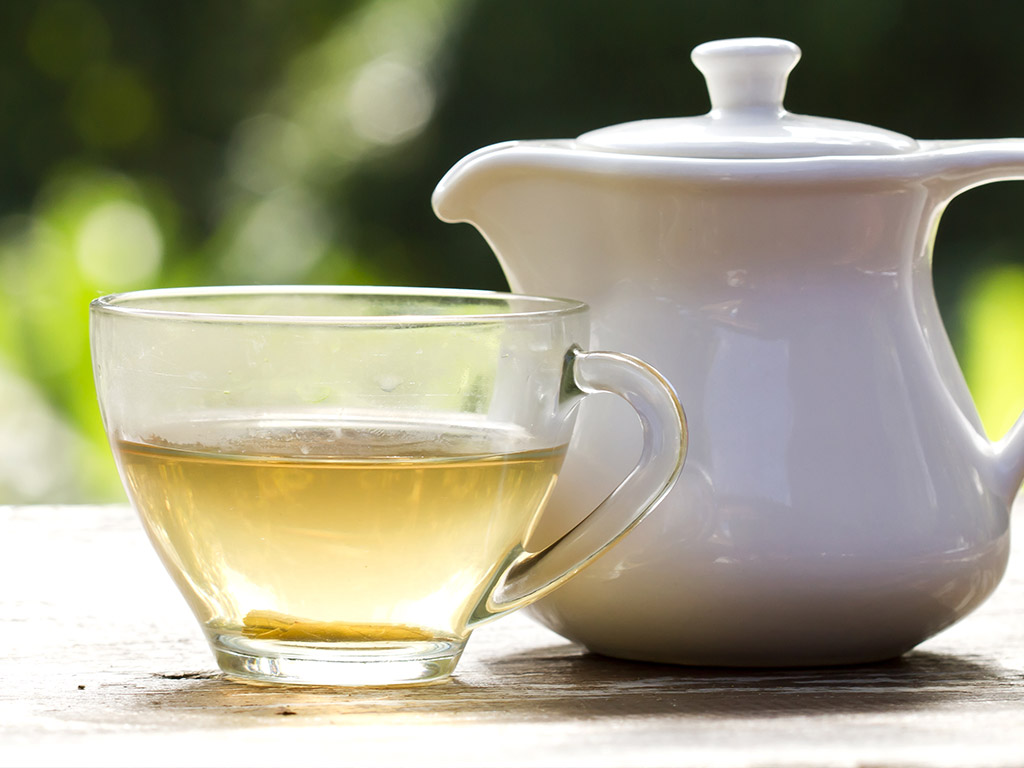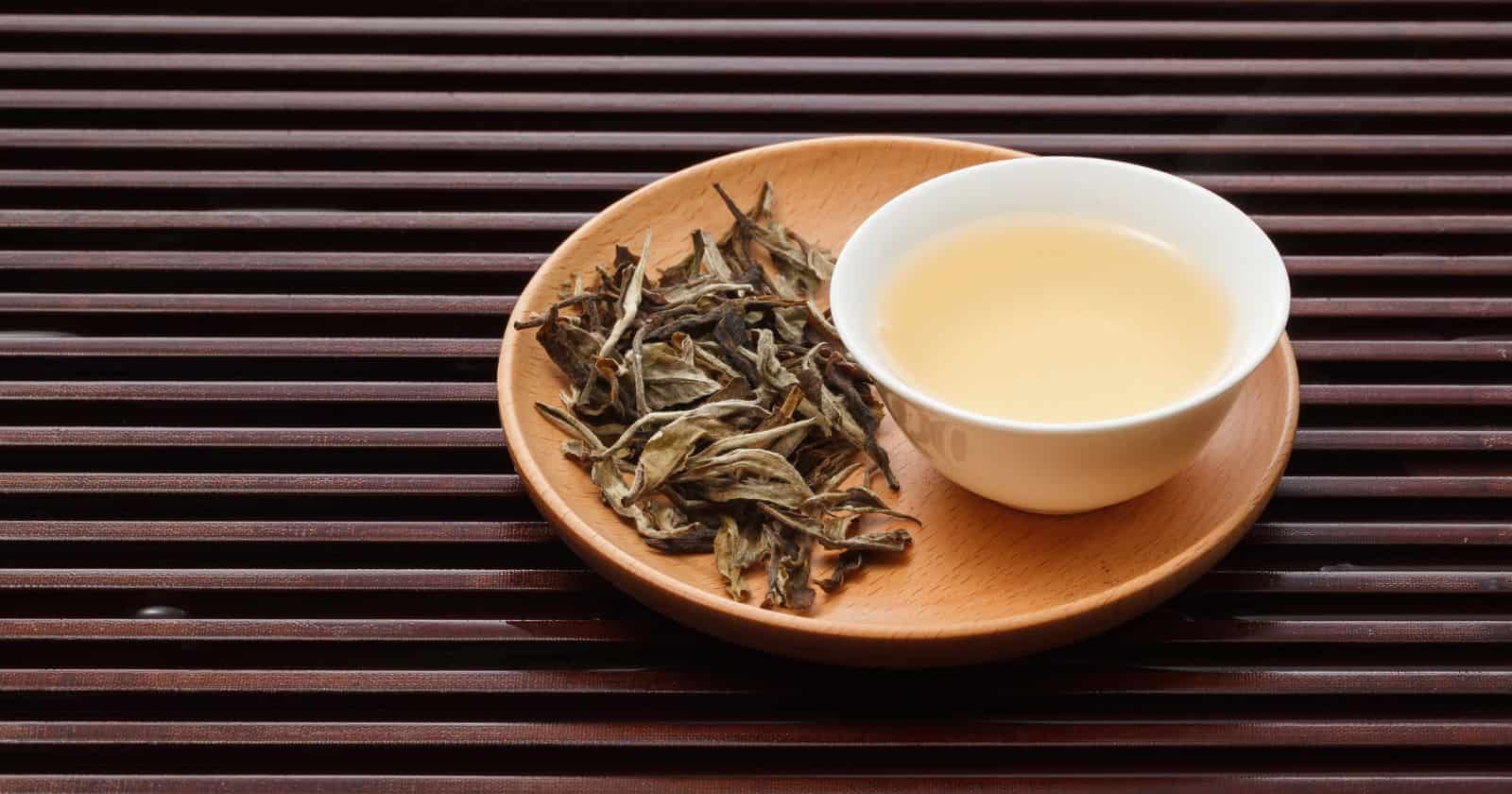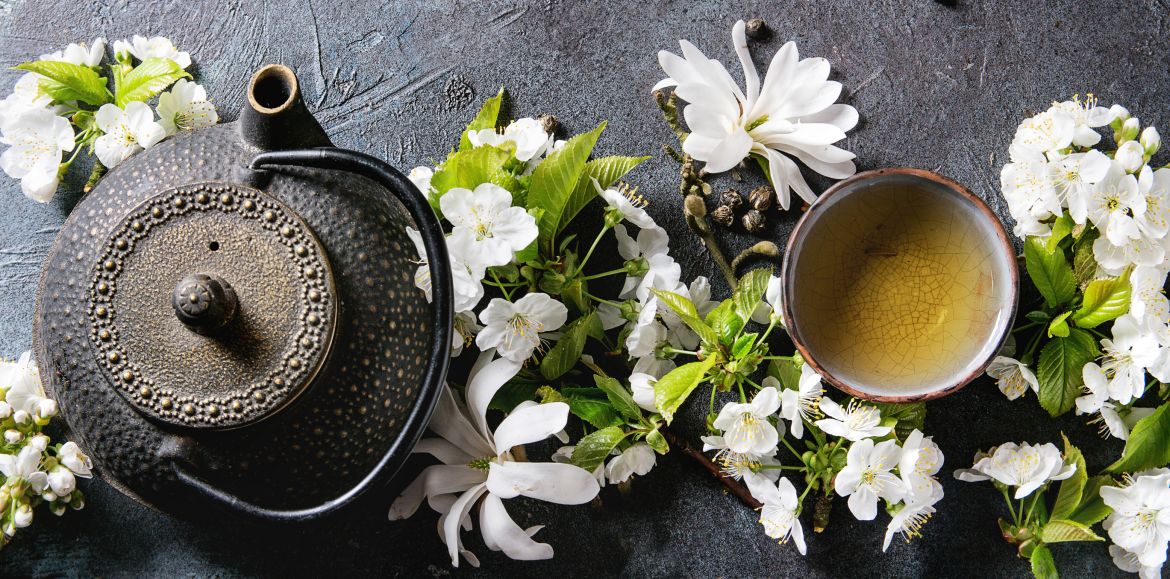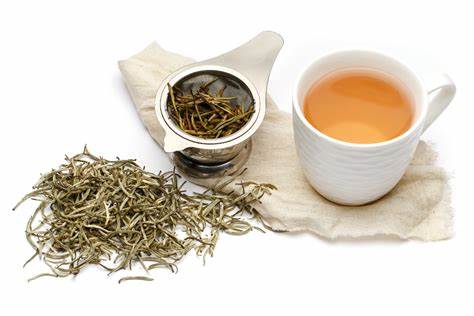White tea is one of the premium teas that is liked by many tea lovers. It has a decent smell and light taste. White teas not only wake up the individual but also give many health benefits. From protecting the heart from any possible disease to boosting dental conditions, there are endless advantages if you are consuming white tea. Everything is fine but have you ever wondered “Does white tea have caffeine or not?” If yes, then you are at the right place because below we will be sharing everything related to this concern.
What does white tea mean?
As the name suggests it is a type of tea which is harvested from the premature leaves and buds of the green tea plant. This type of tea is the least processed or fermented as they are plucked before the complete growth.

The reason behind calling it white tea is that its buds are covered with a white fur-like thing when plucked. There are a lot of lovers of this beverage as it offers a very unique and mild taste. Its aroma is very fresh and gives a boost of energy to the consumer.
Does white tea have caffeine?
Every tea has caffeine present in it and so does white tea. Yes, the amount of caffeine in this beverage is a bit less as compared to others available in the market. It is reported that a cup of this tea has around 30 to 50 milligrams of caffeine.

Not only this but a lot of beverage lovers also choose the decaf version of white tea, but it does not make any major difference in the caffeine level. Furthermore, the caffeine content also depends on the processing, brewing tie, fermentation, and brand quality.
Advantages of consuming white tea
An individual can attain a lot of benefits if he/she consumes white tea. Some of them are mentioned below:

- It helps in reducing swelling or any other type of muscle inflammation.
- White tea has Polyphenols in it which helps in reducing the risk of any heart disease.
- Consuming this beverage also helps in destroying cancer cells.
- It prevents the body from clumping of protein in it which may lead to major health conditions.
- White tea also protects the skin from harmful UV rays and works as an anti-aging property.
- Consuming it also reduces the risk of osteoporosis.
- White tea properties make the teeth cavity-free, strengthen the enamel, and prohibit plaque growth.
Disadvantages of consuming white tea
Everything has two sides and so does white tea. Below are a few consequences related to its consumption:
- Excessive consumption of white tea may lead to anxiety.
- Consuming white tea can also result in disturbed sleeping patterns.
- Some of the white tea bags have lead content in them which is unsafe for pregnant or breastfeeding women.
How to prepare white tea?
White tea can be prepared in different ways and below we are sharing the most common and authentic method for the same.

Step 1: First of all, buy premium quality white tea packets or tea bags, whatever you like.
Step 2: Now, take your tea kettle and fill it with enough water. Make sure to heat the water to about 80 degrees Celsius.
Step 3: Once done, put the white tea leaves into the tea kettle. If you are using a tea bag then first put the water in your cup and then the tea bag.
Step 4: Now, let the flavor of white tea dissolve in the water for about 3 minutes.
Step 5: Next, strain the tea or if you are using a tea bag then remove the used tea pouch.
Step 6: Lastly, add a few drops of honey or lemon in it to increase the flavor. And, this is how your easiest and traditional white tea is ready to enjoy.
FAQs
1. What is the nutritional value of a cup of white tea?
Sipping a hot cup of white tea does not give you any micronutrients like calories, fat, sugar, fiber, and so on but it gives different types of antioxidants like flavonoids, tannins, polyphenols, and more.
2. Does white tea have caffeine?
Yes, just like every other tea, it also has caffeine, but the only difference is the varying amount of caffeine from one type of tea to another. In a cup of white tea, you may consume around 50 milligrams of caffeine.
3. What are the benefits of sipping white tea?
Consumption of white tea helps in improving dental health, destroying cancer cells, prohibiting premature aging, reducing the risk of heart diseases, and so on.
4. What are the disadvantages of drinking white tea?
Excessive sipping of white tea may result in insomnia and anxiety. Not only this but it also affects pregnant and breastfeeding women as some of the tea bags contain lead in it which is very harmful.
5. What is the different property of white tea from other tea in the market?
White is basically made up of the premature or young buds and leaves of the tea plant which give it a very mild taste, color, and smell. Another factor that makes it different and prior to other teas is its low caffeine content.
Conclusion
In this guide, we shared a brief answer to “does white tea have caffeine” along with its other aspects like advantages, disadvantages, and preparation which might have answered all your queries. In a nutshell, we can conclude that white tea also has caffeine but in a lower amount than other teas.
Not only this but it is also a powerhouse of antioxidants that help in curing or reducing the risk of many health diseases. Last but not least, if you want more information on this topic then do let us know in the comment box mentioned below.
Preeti Jha is a young writer who loves reading, writing, and using words in the crispiest and clearest way possible. She has 3+ years of industry experience and holds a very good command over language and representation of content. She believes in hard work and dedication when it comes to winning any milestone or getting loyal readers. From reporting and anchoring to writing and radio jockeying, she has an interest in various fields of mass communication.


















